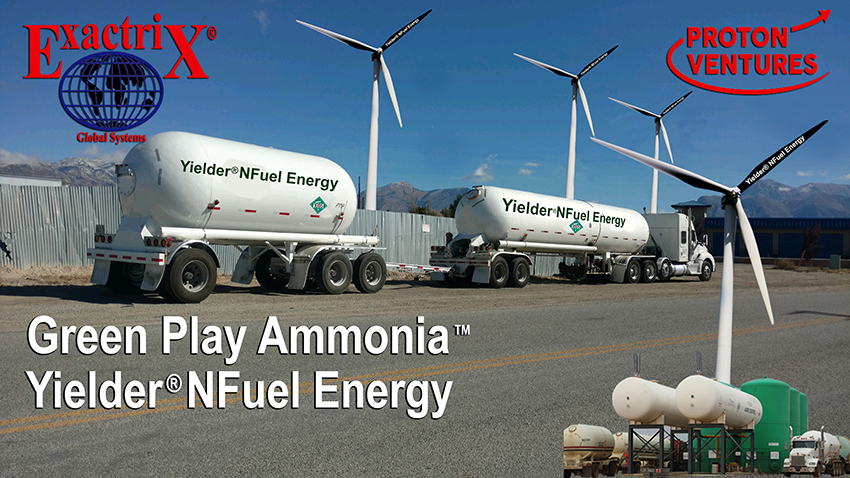|
Return To Main Page
South Korea's largest operator of
hydrogen filling stations Hyundai may have to increase investment in loss-making Hynet after Kogas says it cannot afford to pump in any more money South Korea’s largest operator of hydrogen refuelling stations (HRSs) is in crisis after its biggest shareholder refused to invest more capital into the loss-making business. Hynet — which operates 45 of the country’s 168 H2 filling stations — had asked Korea Gas Corporation (Kogas) to invest more capital in the joint venture this year, but the state-owned gas giant refused, pointing to its own financial problems. Last week, Kogas — which owns 28.52% of Hynet — last week registered a net loss of 747.4bn won ($561.3m) in 2023, and had accumulated 47.4trn ($35.6bn) won of debt by the end of December. A Kogas official said that it has already invested the 30bn won originally agreed in the 2019 joint-venture agreement. Hynet registered an 8.4bn-won loss in 2022, after a 4.7bn-won deficit in 2021. Results for 2023 have not yet been revealed, but it is understood that the Seoul-based company needs a cash injection to avoid bankruptcy. It has previously issued new shares to raise capital. Hynet’s second-largest shareholder, Hyundai (which owns a 28.05% share) may have to bail out the joint venture, following the car maker’s record profits of 12.27trn won in 2023. Hyundai manufactures the only hydrogen-powered car available in South Korea, the Nexo, although sales of the vehicle have plummeted in recent months. Only two units of the model were sold in January — a 99.4% reduction compared to the same month in 2023 — despite the widespread availability of subsidies that slash the cost of a new Nexo by almost half. The Korean hydrogen car market has struggled in the face of rising fuel costs, as well as a devastating fuel-supply crisis at the end of last year, which forced three quarters of the country’s filling stations to temporarily close for several weeks, causing severe problems for existing fuel-cell car drivers. It is also possible that the Korean government — which provided 50% of the capital expenditure for Hynet’s filling stations — might step in, given the joint venture’s importance to its hydrogen-economy aims, such as having 300,000 fuel-cell electric vehicles (FCEVs) on the country’s roads by 2030 (up from under 35,000 today). However, the government has recently been reducing the amount of subsidies available for the hydrogen sector. Hyundai is yet to comment on the matter. Other partners in the Hynet joint venture include Woodside Energy, Air Liquide and Norwegian electrolyser maker Nel.
|
